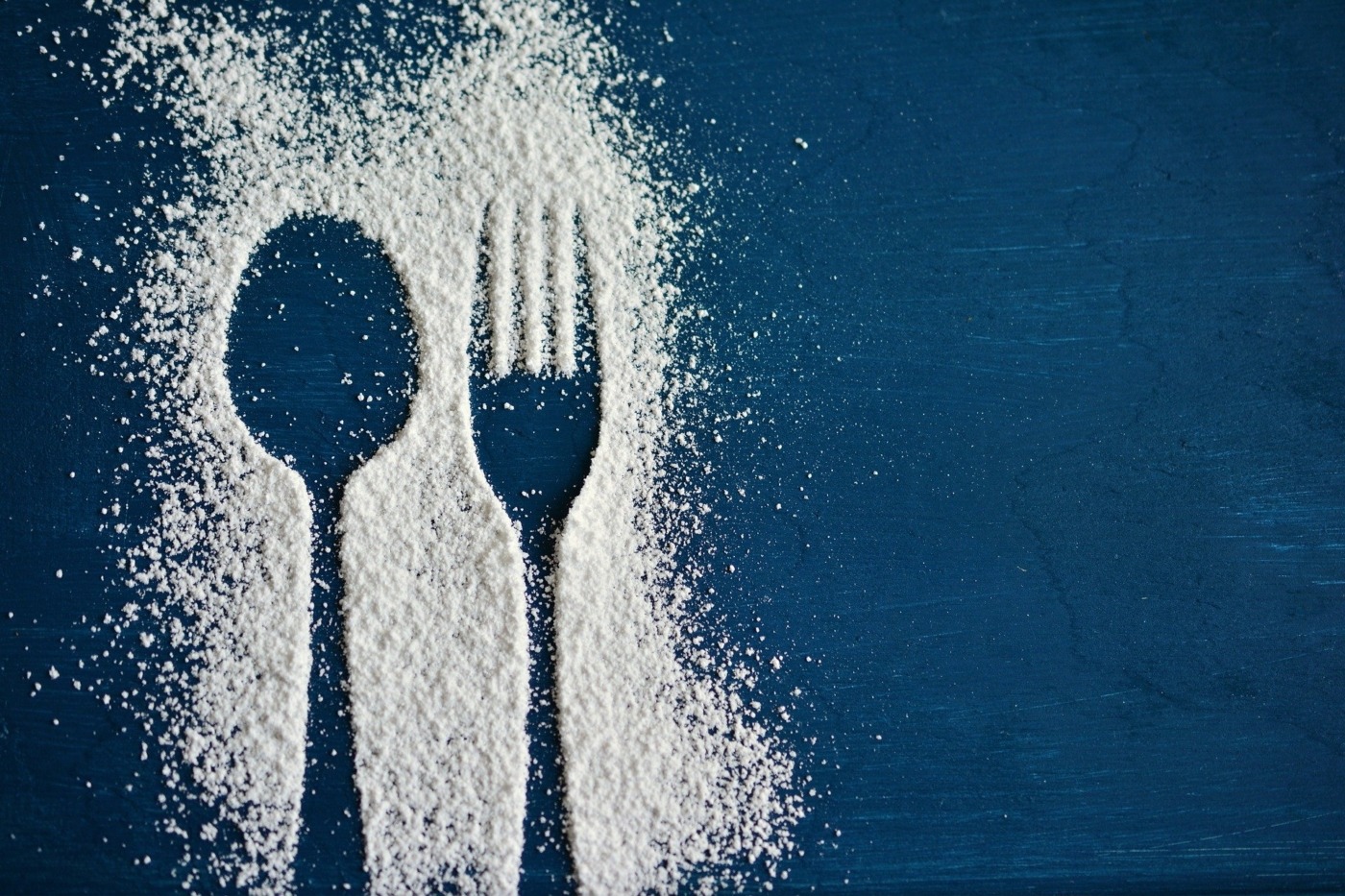How damaging is sugar really?
In the last year especially, the need and desire for unhealthy food is likely to have increased. Being stuck inside for months on end has probably made individuals more compulsive. We need some pleasures — and unhealthy, especially sweet, food can provide that. Everyone knows of the cliche of the sugar rush, the short term boost that comes from unhealthy eating but gradually wears off. How is it rectified? By consuming more unhealthy food, of course.
Yet despite the negative impact of unnecessary added sugar, children still remain the highest consumers of this type of product. The food has already been linked to impacting obesity, heart disease and poorer memory. When revising for exams, it is the very opposite of Omega three foods like fish. One sparks memory, the other can damage it, even when it brings more pleasure.
The UK government even introduced a sugar tax in 2018. This means companies have to pay 24p per litre of drink if it contains eight grams of sugar per 100ml and 18p per litre of drink if it contains between five and eight grams of sugar per 100ml. This scheme led to over 50% of manufacturers reducing the amount of sugar in their products before the scheme was implemented.
Far less research, however, has explored the damaging effects of sugar on the development of the brain during childhood. Clearly, if it were an issue more widely known, something would be done. Society wants to ensure our world is fit and sustainable for future generations. Part of that is children having access to food that is going to help their brain development flourish.
The specific part of the brain affected is the hippocampus. According to research by the University of Georgia, in collaboration with the University of Southern California, daily consumption of sugar rich beverages throughout childhood can have severe impacts on brain development. They have also found that this may be associated with bacteria in the gut.
The experiment involved enriching the guts of animals with a bacteria called parabacteroides, which were placed in animals that had never consumed sugar. With sugar increasing levels of this bacteria, the higher the parabacteroides levels, the worse individuals performed on tasks.
The hippocampus plays a vital role in brain development through different cognitive functions
In America, the dietary guidelines by the Agricultural and Health departments recommend that added sugars should be less than 10% of calories per day. However, Americans between the ages of nine and 18 tend to exceed that figure, because of sugar sweetened beverages. The hippocampus plays a vital role in brain development through different cognitive functions.
Next, the scientists conducted an experiment comparing rats that had been given sugar and those that hadn’t. The ones without sugar far outperformed the other group in a memory task.
However, in a memory recognition task that didn’t involve the hippocampus, sugar had no impact whatsoever on the memory of the animals. This would suggest that in terms of its damaging effects, sugar selectively impacts one part of the brain. The main negative factor however remains the parabacteroides, which impact memory and learning. It would suggest then that what is in the gut can have a hugely damaging effect on the brain, though further investigation is required to find out why this is the case.
Such a recognition of what damages childhood memory could also require a change in the political and medical priorities given to different aspects of the food we eat. Often, the immense focus is on how much fat is in food. Yet non-saturated fats can have many benefits and still receive a disproportionate amount of attention when compared to sugar.
This would suggest that in terms of its damaging effects, sugar selectively impacts one part of the brain
This is also an issue where the balance between government and individual action will once again be essential. While governments can always commit to certain actions, ultimately parents must be in control of what their children are eating. Supermarkets put the impulsive unhealthy foods at the conveyor belt for a reason. They know parents will succumb to their children’s demands. Instead, parents must use their gut feeling and seek to dramatically reduce the amount of sugar their children are intaking. While it might be tricky in the short term, it will help us all in the long run.

Comments